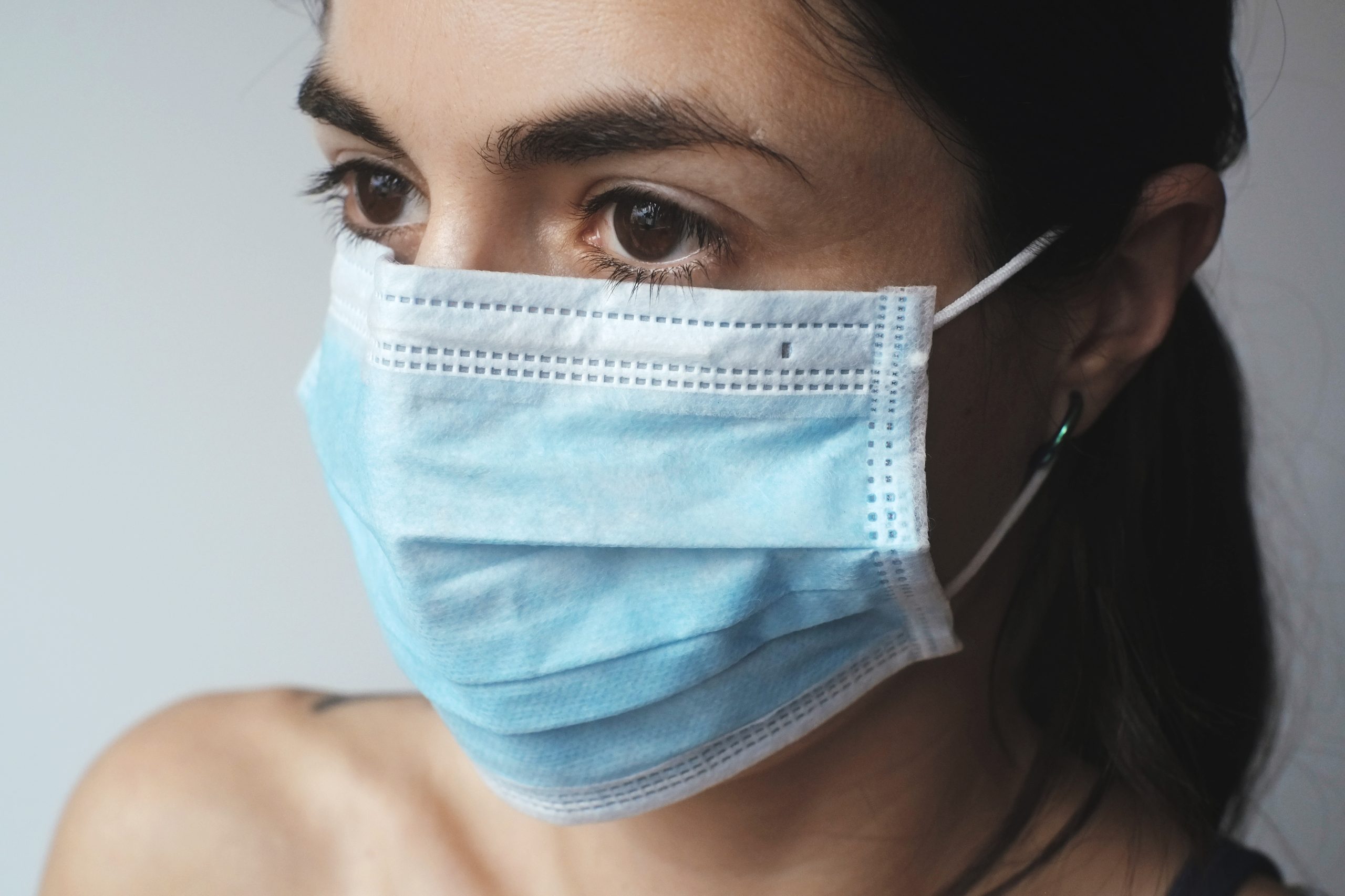SHANGHAI Beijings residents cheered the removal of Covid-19 testing booths, while Shenzhen followed other cities in announcing it would no longer require commuters to present their test results to travel, as an easing of Chinas virus curbs gathered pace.
Although daily cases hover near all-time highs, some cities are taking steps to loosen Covid-19 testing requirements and quarantine rules, as China looks to make its zero-Covid policy more targeted amid an economic slowdown and public frustration that has boiled over into unrest.
Three years into the pandemic, China has been a global outlier with its zero-tolerance approach towards Covid-19 that has seen it enforce lockdowns and frequent virus testing. It says the measures are needed to save lives and avoid overwhelming its healthcare system.
China began tweaking its approach in November, urging localities to become more targeted. Initial reactions, however, were marked with confusion and even tighter lockdowns, as cities scrambled to keep a lid on rising cases.
Then a deadly apartment fire in November in the far western city of Urumqi sparked dozens of protests against Covid-19 curbs in a wave unprecedented in mainland China since President Xi Jinping took power in 2012. Cities, including Guangzhou and Beijing, have since taken the lead in making changes. Less testing
On Saturday, the southern city of Shenzhen announced it would no longer require people to show a negative Covid-19 test result to use public transport or enter parks, following similar moves by Chengdu and Tianjin, among Chinas biggest cities.
Many testing booths in the Chinese capital of Beijing have also been shut, as the city stops demanding negative test results as a condition to enter places such as supermarkets and prepares to do so for subways from Monday, though many other venues, including offices, still have the requirement.
A video showing workers in Beijing removing a testing booth by crane on to a truck went viral on Chinese social media on Friday.
This should have been taken away earlier!, said one commentator. Banished to history, said another.
At some of the remaining booths, however, residents grumbled about hour-long queues for the tests due to the closures. Further reductions coming
China is set to further announce a nationwide reduction in testing requirements, as well as allowing positive cases and close contacts to isolate at home under certain conditions, sources familiar with the matter told Reuters earlier this week.
Mr Xi, during a meeting with European Union officials in Beijing on Thursday, blamed the mass protests on youth frustrated by years of the Covid-19 pandemic, but said the now-dominant Omicron variant of the virus paved the way for fewer restrictions.
Chinese health officials have only recently begun to downplay the dangers of Omicron, a significant change in messaging in a country where fear of Covid-19 has run deep.
On Friday, some Beijing neighbourhoods posted guidelines on social media on how positive cases can be quarantined at home, a landmark move that marks a break from official guidance to send such people to central quarantine.
Still, the relief has also been accompanied by concerns, especially from groups such as the elderly who feel more exposed to a disease the authorities have consistently described as deadly until this week, highlighting the difficulties Mr Xi and other Chinese leaders face in loosening. More On This Topic China's Xi told EU chief less lethal Omicron opens way for fewer Covid-19 restrictions Relief and worry as major Chinese cities ease Covid-19 curbs A softening tone
Other evidence of a softening tone this week added to cautious optimism Chinas mindset around Covid-19 has turned a corner:
– Authorities in the capital Beijing said hospitals and public transport cant reject patients who are unable to provide negative Covid-19 test results within 48 hours.
-Operators of buses and subways in Beijing have been warned not to reject passengers on the basis of not having negative Covid-19 test results within 48 hours.
– Chengdu cancelled a rule requiring citizens to show negative test results to enter public venues such as malls and supermarkets.
– The southern Guangdong province said close contacts who meet certain requirements can remain at home instead of going to centralised isolation facilities. Guangdongs capital Guangzhou later replaced lockdowns with more targeted restrictions, similar to a move announced in Zhengzhou, home to Apple Inc.s largest manufacturing site in China. REUTERS, BLOOMBERG More On This Topic Amid public anger over Covid-19 and more, the Chinese are feeling nostalgic for the Jiang era In Beijing, protests against quarantine happen one building at a time Related Stories What you need to know about S'pore's new Covid-19 vaccination strategy Asia stepping up fight against more infectious Covid-19 variants Hong Kong cements Covid-19 tests with centres just a 15-minute walk Covid-19 wave looms in Europe amid vaccine fatigue and false sense of security Long Covid remains a mystery, though theories are emerging askST: What is excess death and what is Covid-19's true toll on the world? Biden says pandemic is over; survivors and doctors disagree No plans to include Covid-19 vaccinations in childhood immunisation schedule: Ong Ye Kung Human development set back 5 years by Covid-19, other crises: UN report Covid-19's harmful effects on the brain reverberate years later: Study
